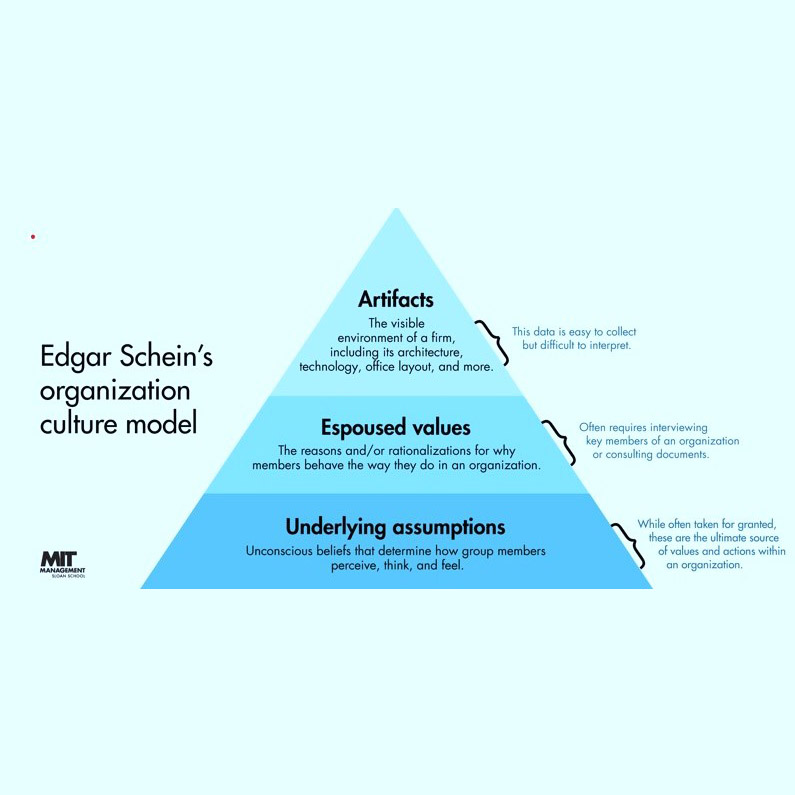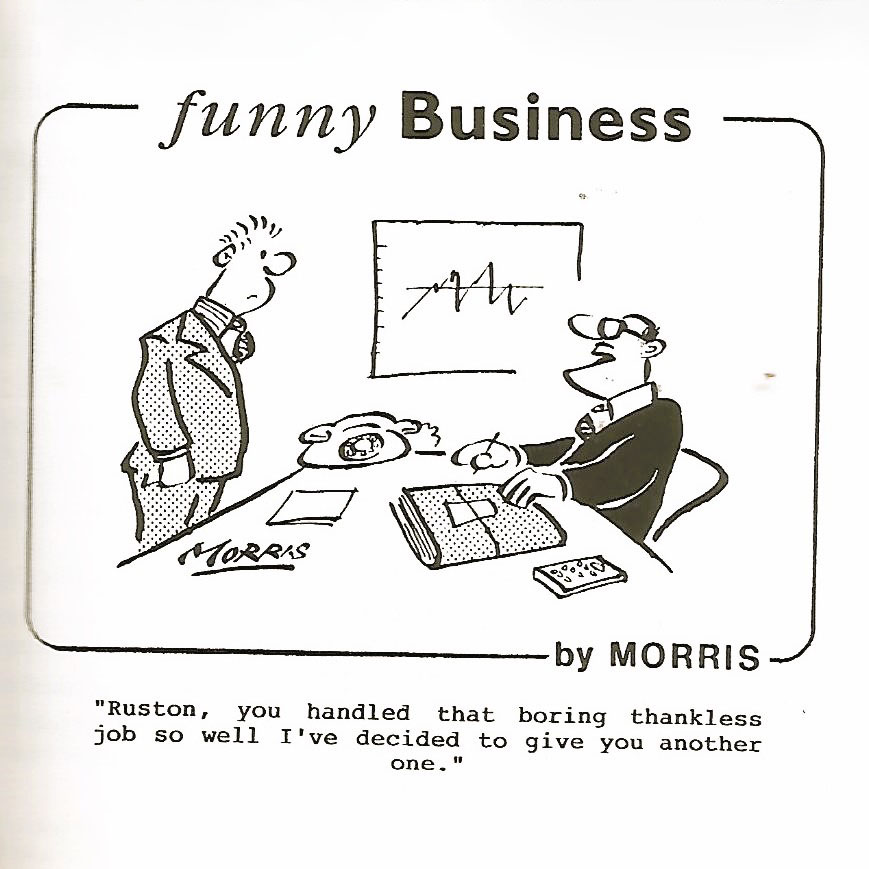Trends and Developments in sales
Easy Way to Get Better Sales Training Results? Make Trainings Tougher
Training salespeople may seem like a breeze. Hire the right people, ask them to shadow seniors, get them to read sales scripts, make them learn to surface the exact Customer need, and teach the freshers how to handle objections. Lo and presto, you have created a team of sales champions!
Except that it doesn’t always work that way in real life
“Not long ago my company was the king of ineffective sales training” says Jeff Winters, in a Harvard Business Review article published in 2018. Winters should know because the author-bio lists him as the founder and CEO of Sapper Consulting, which replaces cold calling for its clients.
What went wrong? Winters explains: “It became increasingly obvious that haphazard training model would lead to inconsistent rep ramp-up time, continued Customer expectation problems, Customer churn, and employee turnover”
The company’s solution was counter-intuitive - Make trainings harder, not easier.

This involved introducing 4 new training methods which were:
1. Include sales leaders in practice sessions
Here is how this was done by Sapper Consulting: “When we implemented these (new) practices, I jumped into the hot seat first. I acted as the salesperson while my sales team threw curveball objections my way for 45 minutes” according to Winters. This puts additional responsibility on the sales managers, demanding a higher level of involvement from them. But it has been found that the pay offs are entirely worth the extra effort and time
Why this helps – Salespeople need their leaders to model success for them. Psychology research shows that when the team members view their leader as empowering and capable, they become more pro active
Implementation tip – (i) Encourage generous amounts of group work or ‘table tasks’ in sales trainings (ii) Include sales managers in them in the role of ‘table coaches.’ This helps managers establish a stronger bond with their sales teams, gives the managers a first-hand understanding of what their team is learning and keep a tab on how well the learning is being used
2. Make practice harder than the sale itself
Practice sessions must be harder than the real sales call so that the trainees are prepared for all types of Customer situations. “Have reps practice in front of their peers” suggests Winters “Don’t help them when they get stuck; wait for them to recover”
Why this helps – The article describes this method as a type of ‘exposure therapy’ In exposure therapy, a safe environment is created in which individuals are “exposed” to things they fear and avoid, helping them overcome barriers and gain confidence.
Implementation tip – (i) Training must ideally simulate situations far tougher than what may be encountered in actual business so that the participants are prepared for every contingency (ii) The ‘practice quotient’ of sales trainings must be significantly higher to build usable skills
3. Practice the entire sales cycle, not just the first call
Beyond ‘great first impression’ skills, it is essential to prepare for every type of sales encounter. Winters’ advice is “Great sales teams excel in all interactions, so practice even seemingly obvious encounters”. To achieve sales excellence, it is important to do ordinary things, extraordinarily well
Why this helps – The underlying principle is “overlearning.” Even with routine jobs, “reinforcement makes task completion faster and more successful with less effort”
Implementation tip – (i) Ensure laser like focus on implementing learnings. Real learning is what happens after the training (ii) Practice builds ease and confidence at work that in turn result in raising motivation levels
4. Get the stars also to practise
Winters reminds: “… a true practice culture means no one should be exempt.” So, that should include the high performing salespeople as well. Iconic pianist Ignacy Jan Paderewski is said to have declared ““If I miss one day of practice, I notice it. If I miss two days, the critics notice it. If I miss three days, the audience notices it.”
Why this helps – A study cited by Winters and published in Performance Improvement Quarterly revealed that, controlling for sales experience and tenure, a coached salesperson who regularly practises the skills taught, displays superior performance
Implementation tip – (i) Encourage all salespeople to make time in their schedules not only for learning new skills but also to get better at those already acquired (ii) Sales managers must ensure that skill practice sessions follow a cadence. Joint calls can also be used as opportunities for both practice and coaching
You can read the HBR article How We Made Our Sales Training More Effective by Making It Harder by Jeff Winters here
“You can employ men and hire hands to work for you, but you must win their hearts to have them work with you”
– Tiorio –

Sales Professional’s Toolset
Sales Culture Components: Applying Edgar H Schein’s Model to Assess Sales Culture in an Organisation

Must Read
Do people matter in a world being swept by AI? How can people in sales and marketing continue to be relevant to their Customers?



